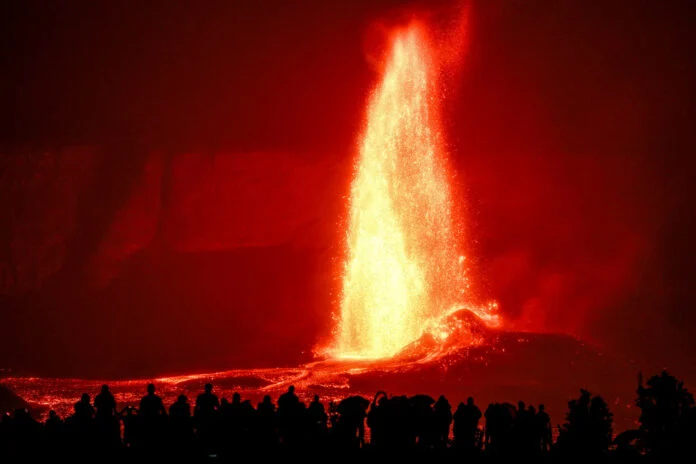Astrology played a fundamental role in ancient Mesopotamian society, deeply influencing religious practices, political decisions, and agricultural activities. As one of the earliest civilizations to systematically observe the heavens, the Mesopotamians developed a sophisticated astrological system that shaped their worldview and guided their daily lives.
Religious Significance
Astrology was intertwined with Mesopotamian religion, as celestial bodies were believed to be manifestations of the gods. The movements of planets and stars were seen as divine messages that priests, known as baru, interpreted through meticulous observation. These interpretations often dictated temple rituals, festivals, and offerings to appease deities such as Sin (the moon god) and Shamash (the sun god).
Political Influence
Rulers relied on astrologers to guide state affairs, believing that celestial omens could predict the outcomes of battles, the rise and fall of kingdoms, and the favor of the gods. Kings often consulted astrologers before making key decisions, such as waging war or enacting laws. The famous Babylonian king Nebuchadnezzar II was known for his reliance on celestial interpretations to strengthen his rule.
Agricultural Applications
Mesopotamian farmers used astrology to determine the best times for planting and harvesting crops. The movement of celestial bodies provided insight into seasonal changes, enabling agricultural communities to anticipate floods, droughts, and other environmental factors. By aligning their farming practices with celestial cycles, they increased their chances of a successful harvest and ensured food security.
Lasting Legacy
The astrological traditions of Mesopotamia laid the foundation for later developments in both Eastern and Western astrology. The division of the zodiac into twelve signs and the concept of planetary influences can be traced back to Mesopotamian star charts and cuneiform records.
Through their careful study of the heavens, the ancient Mesopotamians not only sought guidance from the gods but also laid the groundwork for one of humanity’s oldest and most enduring sciences.







